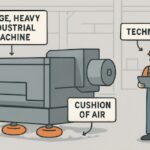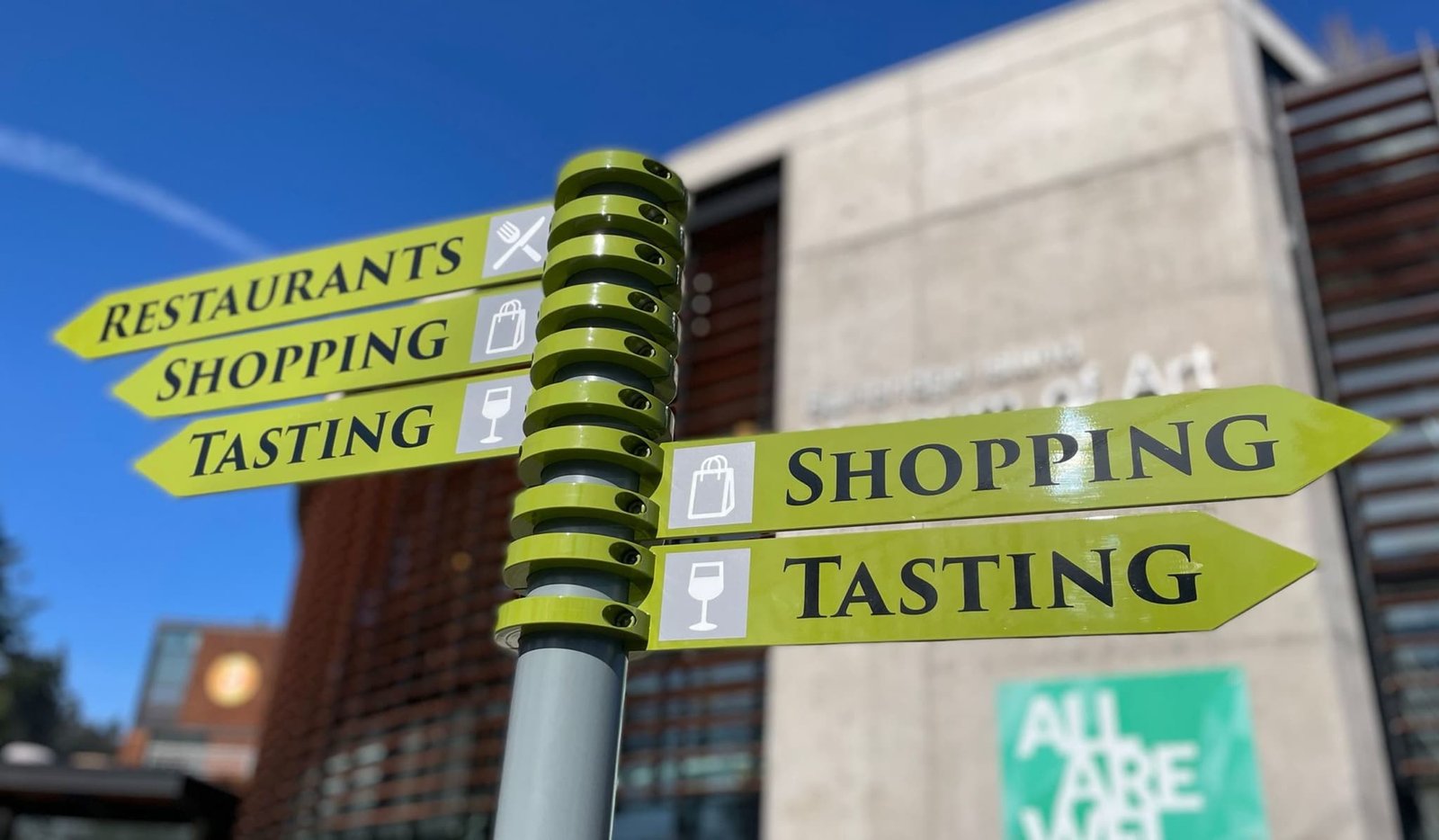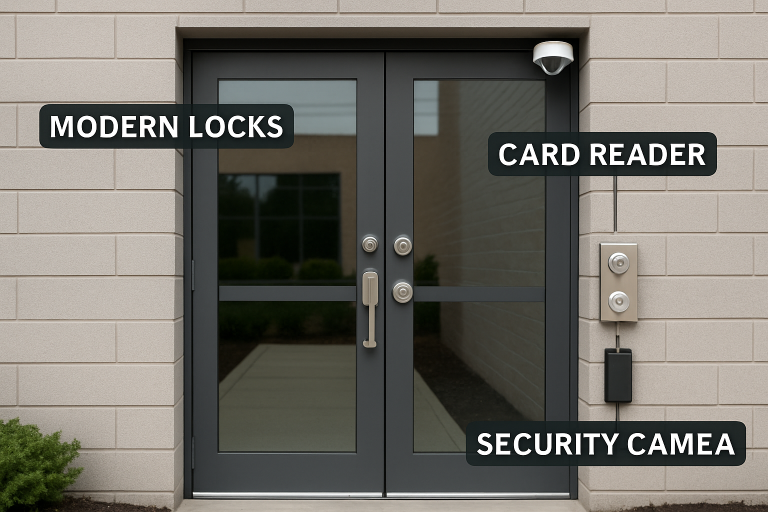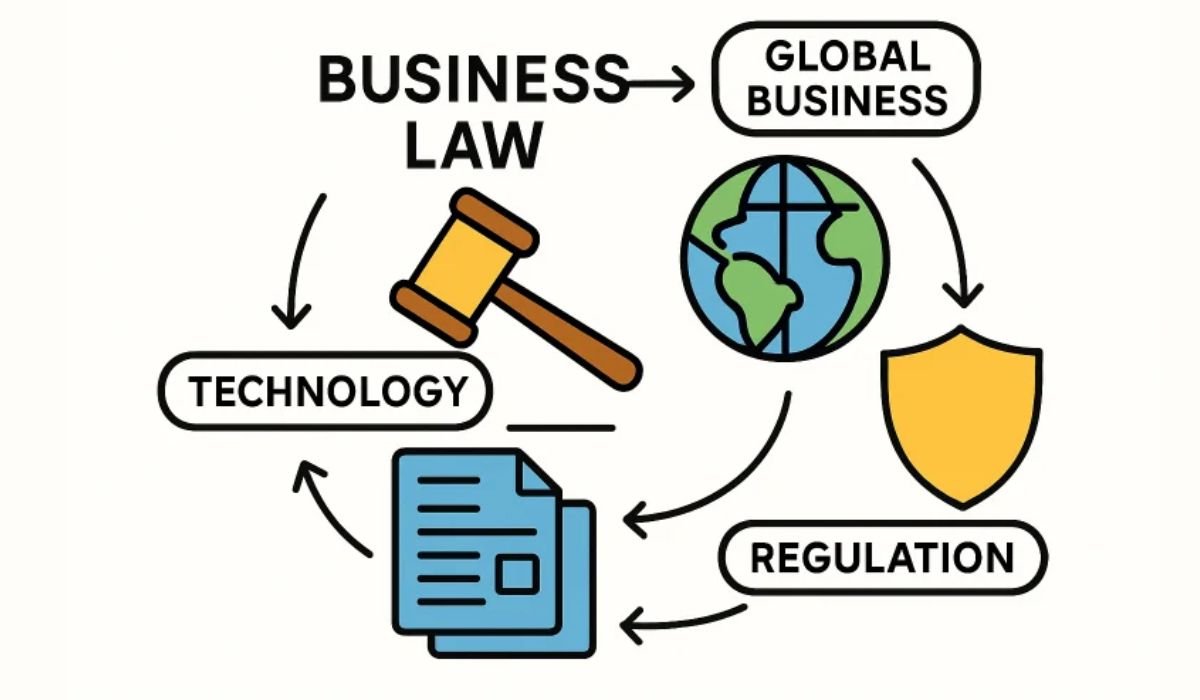Investors and investment professionals have a unique relationship. However, things sometimes go differently than planned, and disputes arise.
FINRA arbitration provides a fair and efficient forum for dispute resolution. However, several key considerations must be remembered before engaging in FINRA arbitration.
Generally, the parties participate in a video or audio conference called an Initial Prehearing Conference (IPHC). They discuss procedural issues and scheduling for discovery and the hearing.
Costs
Many people interact with investment professionals without incident, but sometimes things go differently than planned. In that event, you may choose to resolve your dispute through arbitration.
A case begins with a claimant filing a Statement of Claim with FINRA that identifies the individuals or firms (called “respondents”) against whom the complaint is filed. Each respondent receives a copy of the Statement of Claim and has 45 days to answer it.
Once the case is assigned, a hearing date will be set, and the parties will hold an initial prehearing conference with a panel of arbitrators via video or audio conference. At this time, the parties will discuss procedural issues, the mediation alternative, discovery, and other matters related to resolving their dispute.
After the prehearing conference, each party will get a list of 10 potential arbitrators to select from. Each party can strike four arbitrators from each list and rank the remaining 6. FINRA staff will review the preferences to determine who will hear your case.
Time
Rest assured that the time required to resolve your dispute through FINRA arbitration is highly dependent on various factors, such as the complexity of your case and the dispute resolution method you choose. However, it’s worth noting that most issues that go to a hearing – around 75 to 80 percent, are typically resolved by the parties settling. Rest assured, you can trust the FINRA arbitration process to handle your dispute efficiently and effectively. However, it is vital to approach every case as if it will go to a hearing and to prepare well.
FINRA arbitrators are typically lawyers such as Kurta Law who have significant experience in arbitration and mediation. Non-public arbitrators are investment and financial industry professionals who may have more insight into the issues involved in your case.
Once you file your claim, FINRA will assign your case a number and a case administrator. FINRA will also determine the place of your hearing based on where you lived during the alleged violation.
If you are experiencing financial difficulties, you may be eligible for a waiver of your arbitration fees. You must submit documentation that attests to your financial hardship, such as tax returns, bank records, and pay stubs. In addition, you will need to pay for the cost of a mediator.
Expert Witnesses
Part of the arbitration process, parties must file expert witness declarations to support their claims. Rest assured that despite the potential costs and time consumption, this crucial step demands the presence of expert witnesses. In many cases, expert witness testimony can significantly affect the overall success of a claim.
Your FINRA attorney will help you choose the best experts for your case. These experts can come from various backgrounds and have varying areas of expertise.
In addition to assisting you in selecting the appropriate expert, attorneys will prepare the expert’s declarations and draft questions for the expert’s deposition. In addition to this, our FINRA attorneys will prepare and file all necessary motions for you.
Arbitrator Selection
Arbitration is when parties select an independent third party to hear their dispute and issue a final decision. FINRA arbitration is an alternative to the court system and is more reasonable, less costly, and more focused on factual issues.
Before a hearing, both parties are provided identical computer-generated lists of possible arbitrators. The lists include a detailed disclosure report like a resume showing the arbitrator’s background, employment, education, training, cases handled, and awards. Both parties then can strike arbitrators from the list and rank those remaining for their preference.
FINRA’s list selection algorithm routinely excludes arbitrators from the lists based on known conflicts with member firms. Still, FINRA staff also conduct a review to ensure sufficient public and non-public arbitrators are available in each of FINRA’s hearing locations. FINRA may remove an arbitrator from the list for other reasons, such as when the arbitrator moves out of the hearing location.
Regardless of the method of arbitrator selection, it is crucial that both parties thoroughly investigate candidates. It should include reviewing CVs, conducting online research, and consulting colleagues.
Rules
FINRA has rules to protect parties’ rights and ensure fair arbitration cases. The FINRA Arbitration Code requires that all parties cooperate fully with each other in discovery and disclose any relevant information. Failure to do so can be grounds for a contempt of court sanction and other serious consequences.
Arbitrators must be neutral and avoid conflicts of interest. FINRA explicitly reminds arbitrators of this in the arbitrator’s guide, and violating this principle can be grounds for challenging an award.
After the parties select their arbitrators, they hold an initial prehearing conference via video or audio. During this conference, the arbitrators discuss procedural issues and schedule the hearing.
After the hearing, the arbitrators issue their award. An award may grant any relief the claimant is entitled to, including monetary awards and rescission. Typically, a broker-dealer or registered representative must pay a tribute within 30 days of receipt. If the prize is not paid, FINRA may institute expedited proceedings to suspend or cancel the registrant’s FINRA membership or impose a bar against the registrant from associating with any firm or person.










